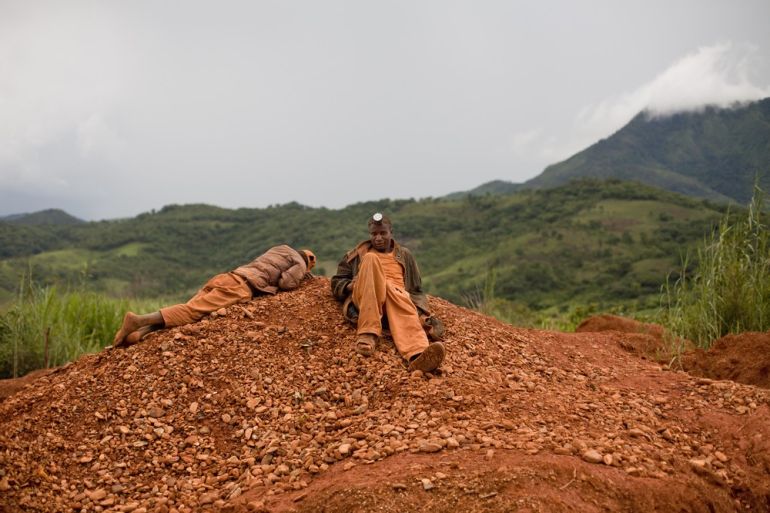In Pictures
In pictures: Going for gold in Mozambique
Prospectors perform backbreaking work to claw the tiny nuggets from the mud, often in tunnels far beneath the ground.

Published On 20 Apr 2013
Manica, Mozambique – They are washing the soil, day and night, hoping to reveal gold.
In this area of Mozambique, 70-80 percent of gold prospectors arrive illegally from the neighbouring country of Zimbabwe. The nuggets, which officially belong to the state, end up in the hands of Nigerian, Somalian, Zimbabwean, Israeli and Lebanese merchants.
The state is left with polluted ground and river water, unsuitable for drinking or watering, and with gold-diggers’ damaged health.
The miners claw at the earth between 15 and 20 metres beneath the surface, in an extensive tunnel system.






